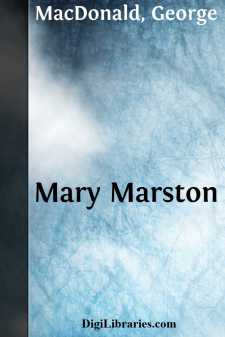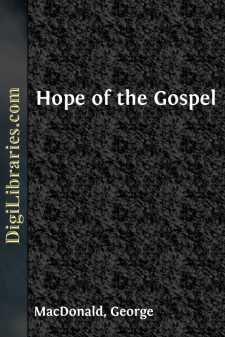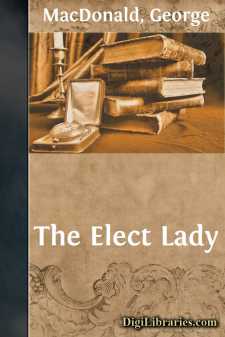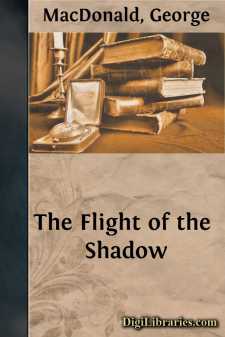Categories
- Antiques & Collectibles 13
- Architecture 36
- Art 48
- Bibles 22
- Biography & Autobiography 813
- Body, Mind & Spirit 142
- Business & Economics 28
- Children's Books 17
- Children's Fiction 14
- Computers 4
- Cooking 94
- Crafts & Hobbies 4
- Drama 346
- Education 46
- Family & Relationships 57
- Fiction 11829
- Games 19
- Gardening 17
- Health & Fitness 34
- History 1377
- House & Home 1
- Humor 147
- Juvenile Fiction 1873
- Juvenile Nonfiction 202
- Language Arts & Disciplines 88
- Law 16
- Literary Collections 686
- Literary Criticism 179
- Mathematics 13
- Medical 41
- Music 40
- Nature 179
- Non-Classifiable 1768
- Performing Arts 7
- Periodicals 1453
- Philosophy 64
- Photography 2
- Poetry 896
- Political Science 203
- Psychology 42
- Reference 154
- Religion 513
- Science 126
- Self-Help 84
- Social Science 81
- Sports & Recreation 34
- Study Aids 3
- Technology & Engineering 59
- Transportation 23
- Travel 463
- True Crime 29
Mary Marston
by: George MacDonald
Description:
Excerpt
CHAPTER I
THE SHOP
It was an evening early in May. The sun was low, and the street was mottled with the shadows of its paving-stones—smooth enough, but far from evenly set. The sky was clear, except for a few clouds in the west, hardly visible in the dazzle of the huge light, which lay among them like a liquid that had broken its vessel, and was pouring over the fragments. The street was almost empty, and the air was chill. The spring was busy, and the summer was at hand; but the wind was blowing from the north.
The street was not a common one; there was interest, that is feature, in the shadowy front of almost each of its old houses. Not a few of them wore, indeed, something like a human expression, the look of having both known and suffered. From many a porch, and many a latticed oriel, a long shadow stretched eastward, like a death flag streaming in a wind unfelt of the body—or a fluttering leaf, ready to yield, and flit away, and add one more to the mound of blackness gathering on the horizon's edge. It was the main street of an old country town, dwindled by the rise of larger and more prosperous places, but holding and exercising a charm none of them would ever gain.
Some of the oldest of its houses, most of them with more than one projecting story, stood about the middle of the street. The central and oldest of these was a draper's shop. The windows of the ground-floor encroached a little on the pavement, to which they descended very close, for the floor of the shop was lower than the street. But, although they had glass on three oriel sides, they were little used for the advertising of the stores within. A few ribbons and gay handkerchiefs, mostly of cotton, for the eyes of the country people on market-days, formed the chief part of their humble show. The door was wide and very low, the upper half of it of glass—old, and bottle-colored; and its threshold was a deep step down into the shop. As a place for purchases it might not to some eyes look promising, but both the ladies and the housekeepers of Testbridge knew that rarely could they do better in London itself than at the shop of Turnbull and Marston, whether variety, quality, or price, was the point in consideration. And, whatever the first impression concerning it, the moment the eyes of a stranger began to grow accustomed to its gloom, the evident size and plenitude of the shop might well suggest a large hope. It was low, indeed, and the walls could therefore accommodate few shelves; but the ceiling was therefore so near as to be itself available for stowage by means of well-contrived slides and shelves attached to the great beams crossing it in several directions. During the shop-day, many an article, light as lace, and heavy as broadcloth, was taken from overhead to lay upon the counter. The shop had a special reputation for all kinds of linen goods, from cambric handkerchiefs to towels, and from table-napkins to sheets; but almost everything was to be found in it, from Manchester moleskins for the navy's trousers, to Genoa velvet for the dowager's gown, and from Horrocks's prints to Lyons silks....












